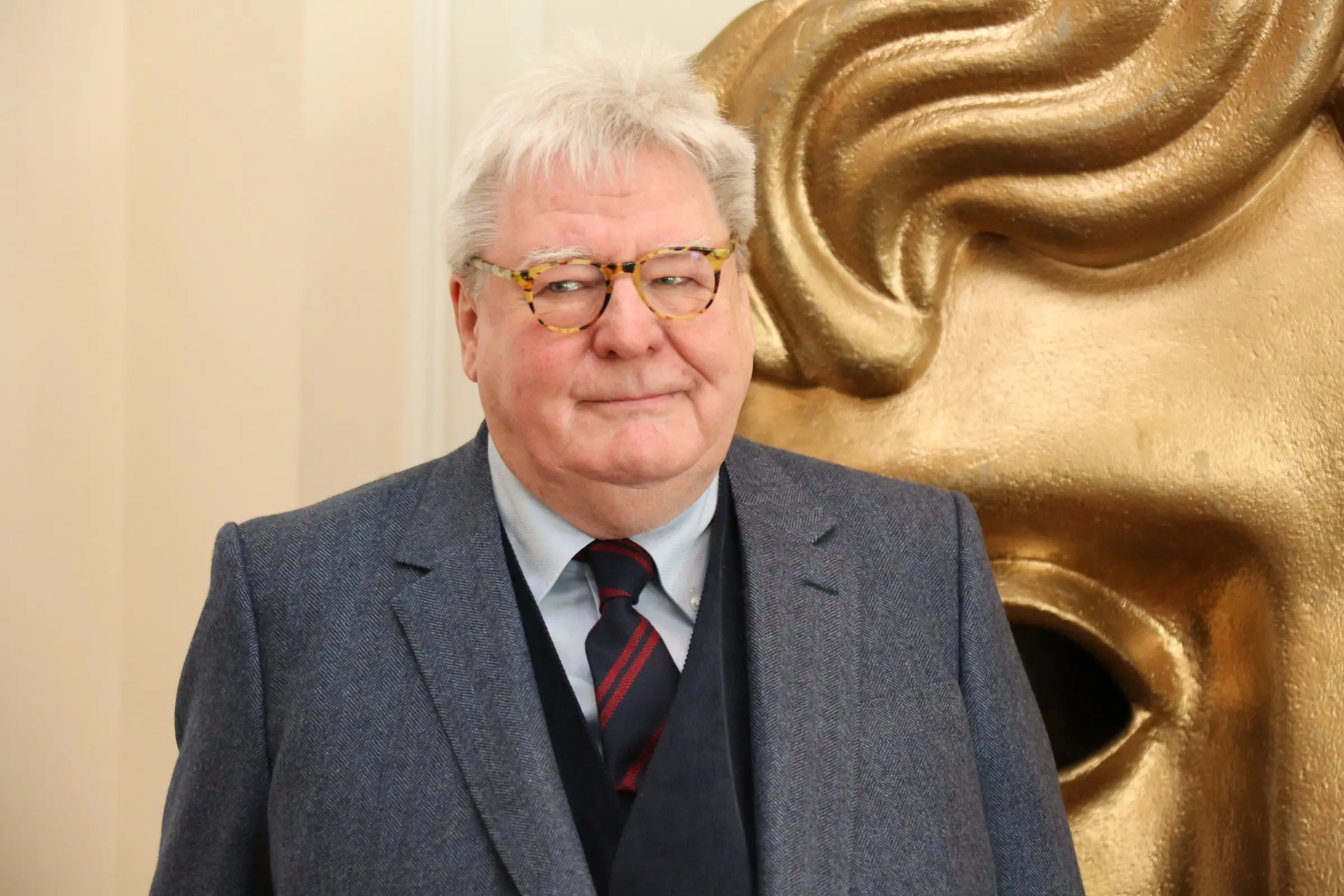Sir Alan Parker, multi-BAFTA winning filmmaker behind films such as Bugsy Malone and Midnight Express says receiving the BAFTA Fellowship Award means “an enormous amount”.
Parker is already among the most garlanded in BAFTA history and this will be his seventh award from the Academy in a career, which has spanned more than four decades and 14 features. Four of his previous awards were for his work on the films Bugsy Malone (1976), Midnight Express (1978) and The Commitments (1991), while the fifth, presented in 1985 when Parker was barely 40, acknowledged his “Outstanding British Contribution to Cinema”.
As the filmmaker receives our highest honour we share an interview with the man himself…
An interview with Sir Alan Parker
“When it was first mooted I might get the Fellowship, I thought about what I might say…you know, the beginnings of my speech. Then 10 years passed…” laughs Sir Alan Parker with a great, disarming roar. “It’s as important as anything I have ever been awarded. It means an enormous amount to me.”
Parker’s shelf of BAFTA trophies doesn’t even begin to convey the breadth of his film-related activities. All of which includes stints as Chairman of the British Film Institute and as inaugural Chair of the British (later UK) Film Council. A knighthood for services to the film industry in the New Year Honours list of 2002 followed his CBE in 1995.
But, it is for his work behind the camera that Parker has created, at 68, his most enduring legacy. There are two distinct strands in the bulk of his filmography: the “issue” drama, exemplified by Mississippi Burning (1988) (civil rights) and The Life Of David Gale (2003) (capital punishment), and music, as portrayed so popularly in five of his films, including Bugsy Malone, Fame (1980), Evita (1996) and The Commitments. A fifth, Pink Floyd – The Wall, directed in the same year as Shoot The Moon (1982), his most “personal” film, arguably created the template for the succeeding onrush of innovative music promos.
Yet his entry into directing arrived more by good luck than judgement. As a young copywriter who’d entered advertising straight from school without any real qualifications, he had already written yards of commercials, and begun honing his cartooning skills, before joining one of the most successful agencies, Collett Dickenson Pearce (CDP) in his early 20s, where the likes of David Puttnam and Charles Saatchi were already employed.
After creating a stir with a newspaper ad for sherry – leading one of his bosses to exclaim, amusedly, “Alan, in all these years of putting Harvey’s Bristol Cream on a pedestal, you come along and sell it off a barrow” – Parker asked if he and a skeleton team could have some money “to experiment” making TV commercials, then still in their infancy.
His request was granted, so with someone operating a 16mm camera, another art directing and a third working the Nagra tape recorder, that left Parker, 23 at the time, “as the only one who couldn’t actually do anything. So they suggested I’d better be the one who said ‘Action!’” The resulting experiments impressed his bosses, who asked him to start up his own production company with a generous, interest-free loan.
He poached Alan Marshall, “the best producer in the agency”, and together with a secretary, they set up shop in Soho. “Probably 90 per cent of our work was for CDP at the outset, and in that first year, we won just about every award going,” recalls Parker. Marshall would, of course, become Parker’s strong right-arm, first on a series of shorts then on seven features over the next dozen years.
However, before they embarked on Bugsy Malone in 1976, Parker’s own full-length debut was with Jack Rosenthal’s The Evacuees (1975), which earned him his first BAFTA for Best Single Play.

















